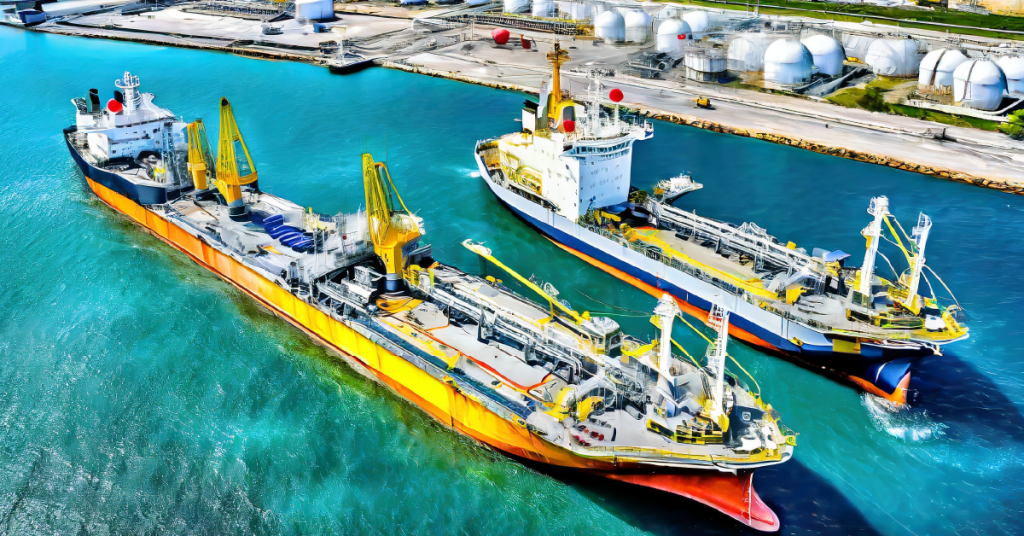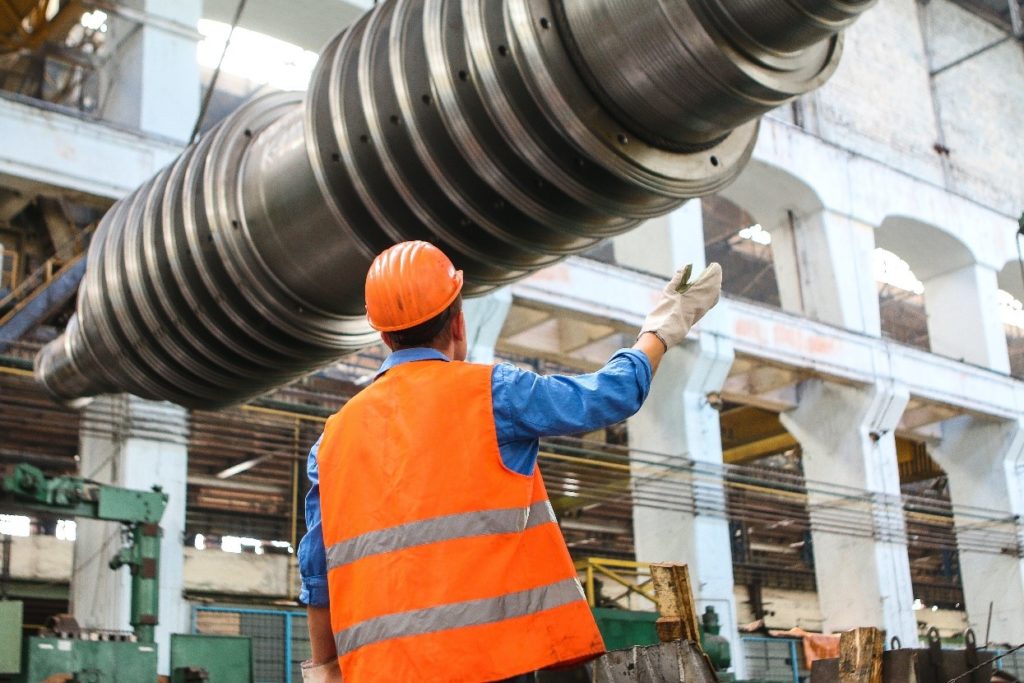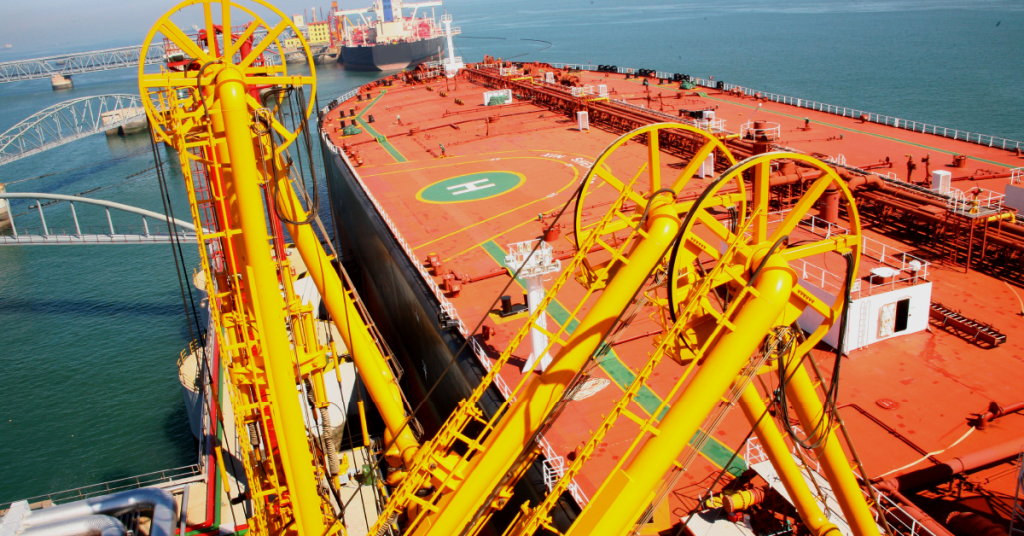Intensive Trainings

- This event has passed.
Gas Explosion Hazards, Fire Detection and Protection Systems Design for Oil & Gas
24th August 2017
Overview
This 3-day course is designed to provide an insight into the major drivers into fire and explosion hazard risk, and the various methods of preventing and mitigating such risk. The course will discuss quantitative consequence analysis, such as vapor dispersion modeling, vapor cloud explosion modeling, fire modeling, and presents the details necessary to perform such analyses.In addition, it will focus on the fire and gas detection systems for offshore and onshore process areas, and how such systems can be used to lower the overall explosion risk to facilities. The course will demonstrate how performance based designs can be used to evaluate the effectiveness of a fire and gas detection system, but will not provide comprehensive instruction on designing such systems.
Who Should Attend
This course will be of interest to safety engineers, managers, supervisors, and other personnel involved in the design, operation or modification of offshore oil and gas facilities (FLNGs, platforms, FPSOs, etc.), as well as, onshore processing facilities.The course also provides key factors, tools and techniques in fire and gas system management in order to enhance the reliability and safety of your safety network. These factors and techniques will focus on their effect on performance based design. The course will provide case studies on how preventive and protective measures can reduce the fire and explosion risk at petrochemical facilities. One case study of interest will discuss the benefits gas detection optimization to not only enhance performance but minimize unwanted and costly false alarm shutdowns.
Key Learning Objectives
- Be aware of offshore release and accident statistics and some important offshore and petrochemical accidents
- Understand the accident chain of events and important parameters affecting gas release and dispersion
- Understand the basics and important parameters governing vapor cloud explosions (VCEs)
- Understand and be aware of various preventive measures to reduce the occurrence of accidents and various mitigation and control techniques to reduce gas explosion consequences
- Learn about the various explosion modeling techniques that may be applied and understand the importance of
using advance 3D modeling for fire and gas explosion analyses - Review the fire and gas system design methods and guidelines that are currently available including their strengths and limitations
- Understand quantitative consequences analysis and how it is employed in performance-based fire and gas system engineering
- Analyze the impact on overall risk of consequence scenarios and the beneficial effect of fire and gas systems using consequence integration
- Understand the impact of mitigating the consequences of fire and gas release events on the overall process plant risk and the difference between prevention and mitigation



